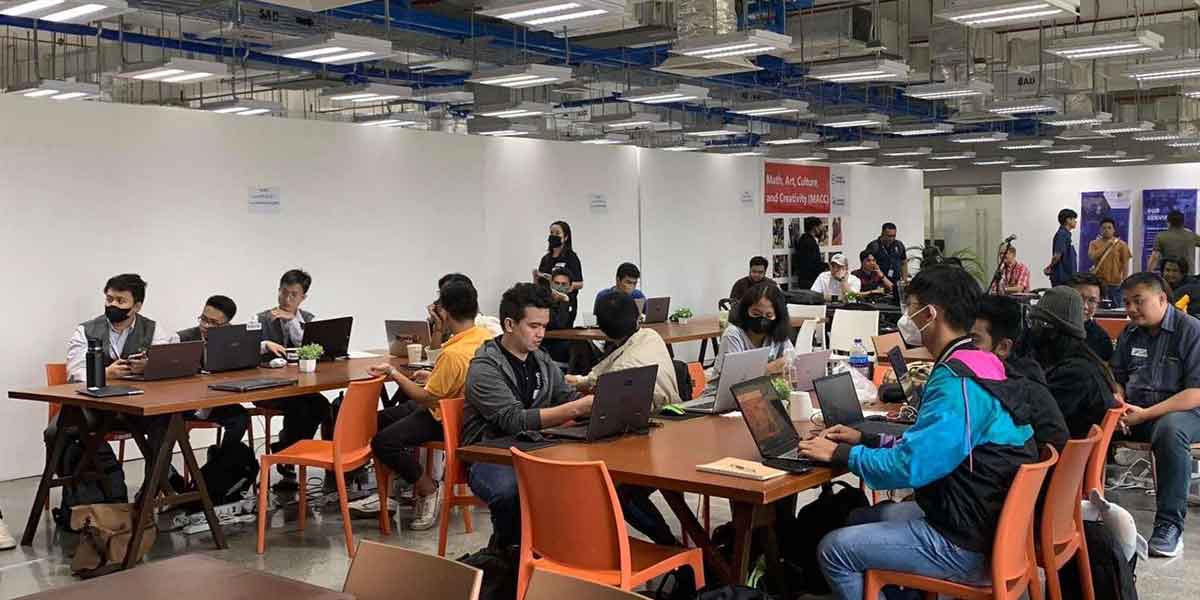 By Modesto P. Sa-onoy
By Modesto P. Sa-onoy
The irony of the water situation in Occidental Negros is that we have plenty of it but not enough going to where it is most needed – the households, commercial and industrial buildings, and offices. Some are fortunate they have dug wells or are connected along the main pipeline that they have water 24/7.
The concern for potable water was discussed in a “summit” convened by the provincial government headed by Governor Eugenio Lacson. Its keynote speaker, 3rd district congressman, Rep. Francisco Benitez laid the objectives clearly. He said, “We need to ensure water security in Negros Occidental through an integrated approach to water resources management. We must come together to institute critical reforms and investments to build adequate water infrastructure and ensure social and environmental protection for generations to come. In the 20th century people fought over oil, in the 21st century they will fight over water”.,
His predicament is not a new view. This had been called out over a decade ago, but few were listening. Two years ago, I wrote about a looming water crisis. Though addressed to Bacolod, the situation is no direr here than in the province. But the water districts seemed content with what they have that we have yet to hear a bold and broad approach to prevent this impending crisis.
Benitez said it right when he was reported further saying, “Water sources are increasingly under threat at unprecedented levels because of population growth, development, denudation of forests and watersheds, and climate change.” He did not mention the mindless wastage due to the common belief that we have enough. How many, for instance, harvest rainwater or plug the leaks along the streets or manage household water?
He revealed statistics that have not been given attention in the past. He claimed that Negros Occidental is the top 20 highly vulnerable province to the effects of drought and desertification and that we are among the top 10 provinces that will be most adversely affected by a one-meter sea-level rise. “These extremes”, he said “will negatively impact the sustainability and quality of water supply in the province.”
He said that “All local government units feel the same apprehension to the growing possibility of water scarcity,” and thus called on everyone to share in the responsibility of protecting the resources.
While he commended Murcia for providing bulk water supply to Bacolod and Bago and Pulupandan for making available their water resources, there are many towns and cities that waste their water. For the Negrosanon these places are not unknown. We see how much water flows to the sea unchecked and being polluted by garbage and all sorts of waste. Millions of liters drift down. Strictly speaking, they are not wasted because they eventually return to the land in God’s unerring law of nature in the water cycle. They are wasted only because they were not used.
The suggestion of Rep. Benitez that “we should explore alternative water sources and harness water treatment technologies to address water scarcity,” is right and should now be heeded with a firm resolve to act. Sadly, this same called had been issued many times, but people, looking at the water flowing freely to the sea believe that they will have water at their fingertips to be had at any time. Now we know that belief is false and misplaced.
He pointed out that water infrastructure in the province has been unable to meet the growing demand. In 2018, only 37.2 percent of households had Level III water supply, and the 17 operational water districts in the province reported 26.18 percent non-revenue water or losses from leaks or pilferage.
The data from the Bacolod City Water District is just as dim. Only 40% of households have water connection but they come in drips and some households had to wait for hours to get that drip and only for a short time. Some are lucky they have water as they needed but only because they either have deep wells or they have overhead water tanks that collect water while they sleep or work. But how many can afford the high cost of these facilities?
A few so that the rest will have to stay awake at the wee hours of the night or morning to catch the water for the day.
Continued tomorrow.





















